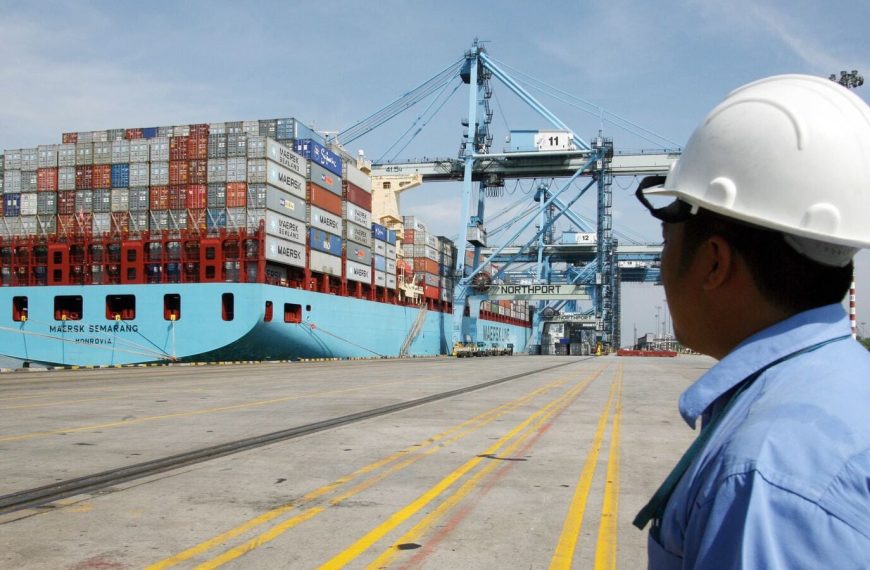The UK is bracing for the ripple effects of U.S. tariffs, even if the government successfully negotiates an exemption for British products, according to Chancellor of the Exchequer Rachel Reeves. During a session with the House of Commons Treasury Committee, Reeves highlighted the importance of waiting for the reactions of other nations before making any hasty decisions regarding tariffs announced by the U.S.
Understanding the Tariff Situation
Reeves explained that while the UK government is diligently pursuing a new economic agreement with the United States, which would ideally shield Britain from President Trump’s tariffs, the nation must remain vigilant. She stated, “Even if we manage to secure an agreement, it doesn’t automatically shield us from the broader implications of U.S. trade policies.”
- The global trading landscape heavily influences the UK’s economy.
- Tariffs and inflation in other countries can directly affect British markets.
- An exemption from U.S. tariffs doesn’t eliminate the risks posed by international trade dynamics.
Ongoing Negotiations with the U.S. and EU
The Chancellor also mentioned that discussions are underway not just with the U.S. but also with the European Union and other trading partners. She recently engaged with European Trade Commissioner Valdis Dombrovskis, underscoring the collaborative efforts to navigate the complexities of international trade.
Reeves added that she and Business Secretary Jonathan Reynolds met with UK exporters earlier that day. The feedback from exporters was clear: they prefer a measured approach rather than a quick response to U.S. tariffs, as the ultimate goal is to secure a beneficial economic deal.
Balancing Economic Strategies
In her recent spring statement, Reeves shared that she had reinstated the £9.9 billion margin from October’s budget, which had been compromised due to increased borrowing costs and tepid growth. She emphasized the delicate balancing act in managing fiscal policies, stating, “While it would be advantageous to have more financial headroom, achieving this would require tough decisions on tax increases or spending cuts—decisions we’re not ready to make.”
Reeves’ strategic adjustments reflect the government’s commitment to navigating economic uncertainty while striving to maintain fiscal responsibility. The Chancellor noted that the return of the headroom against her fiscal rules was coincidental, not intentional, showing the unpredictability of the current economic climate.
In summary, as the UK navigates the complexities of global trade, the government remains focused on securing favorable agreements while being acutely aware of the broader economic impacts that U.S. tariffs may have on British industries. The path forward requires careful consideration, collaboration, and a proactive stance in international negotiations.











